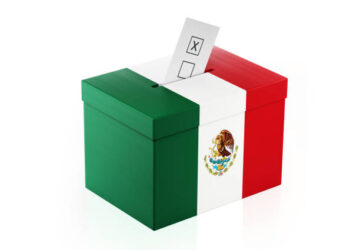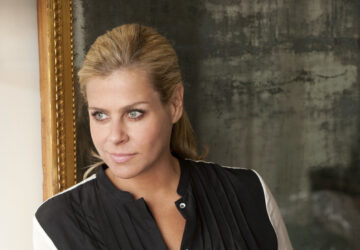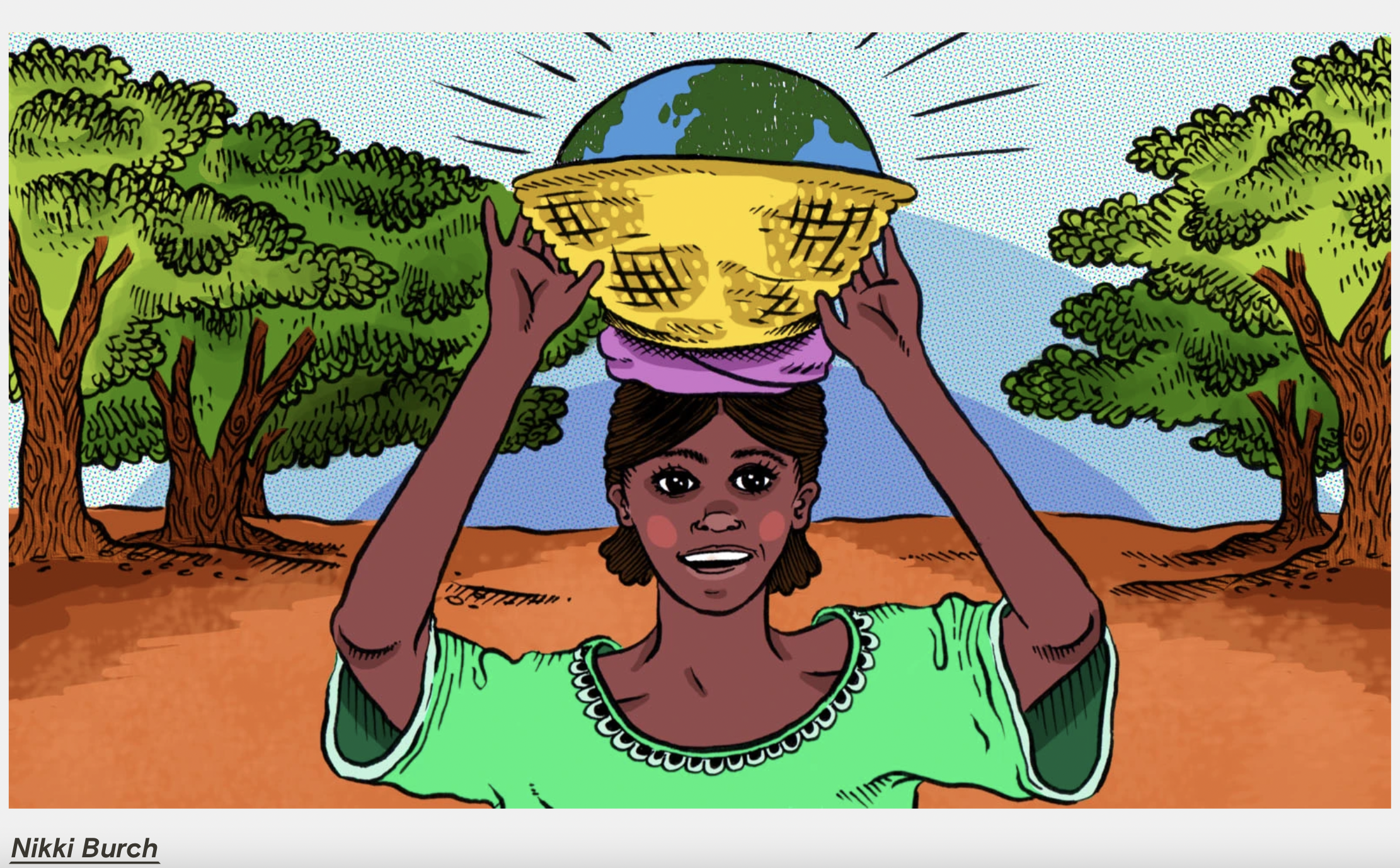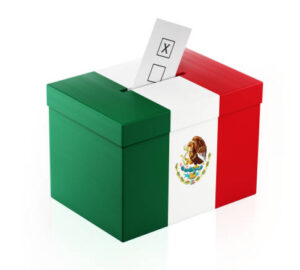Why We Need More Female Leaders Making the Decisions on Climate Change
By Reese Wolfe
As photos and news from the United Nations climate conference, COP26, hit newspapers and media sites, women’s rights activists noticed a major issue: only a handful of women were present at the conference. The female leaders who attended COP26 were Angela Merkel, German chancellor; Mia Mottley, Barbados’s president; Katrin Jakobsdottir, Iceland’s prime minister; Kaja Kallas, Estonian prime minister; and Patricia Espinosa, head of UN Climate Change.
Campaign group She Changes Climate first brought attention to the lack of women in climate crisis discussions in December 2020, after the UK revealed their all-male leadership team for COP26. In an interview with Vogue, Co-founder of She Changes Climate Bianca Pitt stated, “We were absolutely stunned when we found out there had been no women chosen for the COP team.” Although the UK government now claims that 45% percent of its revised COP26 team is now female, She Changes Climate exposed the fact that many of the women included in this statistic are not negotiators involved in the discussions. So, the group issued an open letter to the UK government calling for gender equality at all leadership levels of environmental policy. The letter was signed by over 450 environmental leaders, activists, and celebrities, including Emma Watson, Ellie Goulding, and People Tree founder Safia Minney.
Overall, UN statistics show that a lack of female representation exists in almost all climate discussions. At COP25 in 2019, 60% of delegates were men, and 73% of heads and deputy heads of delegation were men. Research by the UN found that during this conference, men spoke for 74% of the time despite making up 60% of the representatives. It is time to empower women and support them when they are welcomed seats at major conferences.
Furthermore, research suggests that women on average tend to be more concerned about the climate crisis than men. A 2019 study even concluded that countries with more female politicians passed more ambitious climate legislation.
The UN also estimates that women in frontline communities are disproportionately impacted by the climate crisis in comparison to men. This is because women are often subject to fulfilling stereotypical gender roles. Such as providing food, water, and fuel for their household. Another She Changes Climate Co-founder, Antoinetter Vermilyre, said, “When there’s a drought, who has to journey to fetch the water?”
For these reasons, it’s crucial that more women are included in climate conversations, especially women from countries in the Global South where countries are affected most heavily by the climate crisis.








